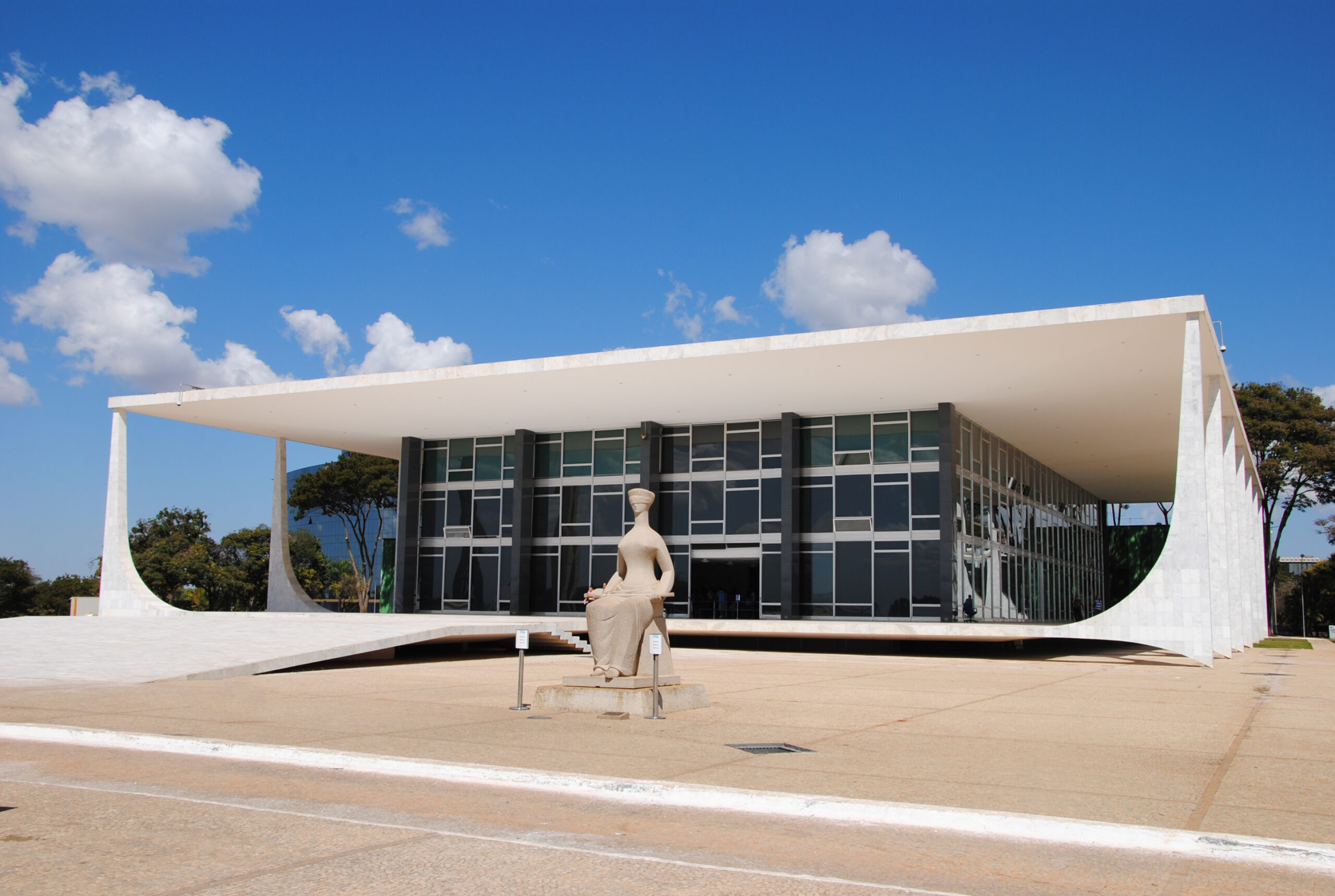State law banning neutral language in schools suspended.
Law no. 6.463/2023 of the State of Amazonas prohibits the inclusion of neutral language in the curriculum of public schools in that State. However, the law was challenged before the Brazilian Supreme Tribunal as unconstitutional. The claim was filed by the National LGBTI+ Alliance and the Brazilian Association of Homosexual Families. In deciding on the provisional measure in the direct action for unconstitutionality 7.644, the Supreme Tribunal decided to suspend the law. In other words, pending the outcome of the case, the Court considered that the law should be suspended. The reasons were as follows.
Incompetence of State government to legislate on neutral language in education.
Minister Flávio Dino was in charge of the ruling. In the judgement, the Minister explained that, according to the Brazilian Constitution, the competence to legislate on national educational matters lies with the Union. That is the federal government. Although the competence could be delegated, this was not the case, as there is a Union regulation, the Law of Guidelines and Bases of Education.
Therefore, the Minister held that, although there may be scientific and social controversy about the relevance of the use of neutral language, what is legally relevant is that it is up to the Union, in collaboration with the other levels of government, to regulate the normative bases of national education. The Minister even pointed out that the Supreme Tribunal has already established that the Union alone is competent to legislate the basis of national education. Thus, state norms can only regulate the adequacy of the national norm to the local reality. Therefore, the Minister concluded that, in the absence of national rules on neutral language, any state legislation, whether authorising or prohibiting its use, would be unconstitutional. Consequently, the Judge considered that the contested norm was vitiated by formal unconstitutionality.
Living language.
The Minister also argued that language is alive, as it is subject to change through time and space. Therefore, the possibility of using neutral language cannot be ruled out. The judge pointed out that it is a cultural process, a product of social changes, which can subsequently be integrated into legislation. Consequently, he considered that a norm cannot a priori prevent these social changes. The Minister considered that the democratic management of education requires, for the inclusion or not of neutral language, a profound debate in civil society and government bodies.
Given the above, the Minister ruled that the Law should be suspended for invading the exclusive powers of the Union, resulting in formal unconstitutionality.
Ratification by the Plenary of the Federal Supreme Court.
The Minister’s resolution on the precautionary measure was ratified by the Plenary of the Federal Supreme Tribunal in a virtual plenary session from 14 June 2024 to 21 June 2024. Similarly, the Plenary of the Court ratified other resolutions that also suspended the municipal laws of Águal Lindas de Goiás and Ibirité, which prohibited the use of neutral language or non-binary dialect in public and public schools.
Read the judgement on the precautionary measure in ADI 7644
Check the record of the case
Find out more about the law in the world
References
Case
Medida Cautelar Na Ação Direta de Inconstitucionalidade (ADI) 7644. 28 de Mayo de 2024.
Press release
‘STF suspende lei do Amazonas que proíbe uso de linguagem neutra no currículo escolar’ (29 may 2024) Supremo Tribunal Federal. https://portal.stf.jus.br/noticias/verNoticiaDetalhe.asp?idConteudo=542737&ori=1
‘Supremo confirma suspensão de leis que proíbem linguagem neutra em dois municípios’ (11 june 2024) Supremo Tribunal Federal. https://portal.stf.jus.br/noticias/verNoticiaDetalhe.asp?idConteudo=547559&ori=1






